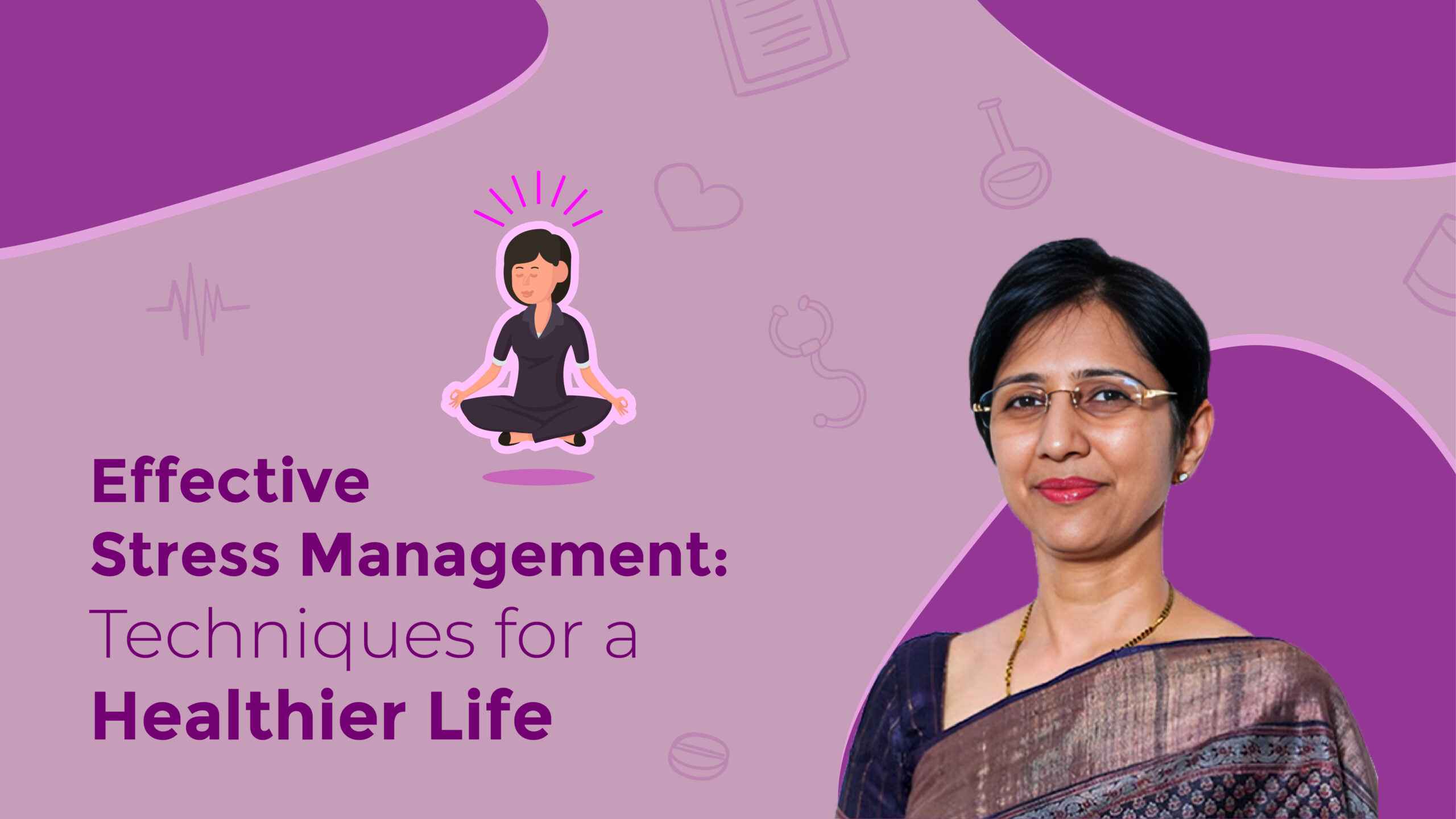Stress is a natural part of life, but when it becomes overwhelming or prolonged, it can take a toll on your mental and physical health. Managing stress effectively is essential to maintain well-being and quality of life. In this article, we’ll explore the causes of stress, its impact on health, and practical strategies to manage it.
Understanding Stress and Its Impact
Stress is the body’s response to any demand or threat. When faced with a challenging situation, the body releases hormones like adrenaline and cortisol, which prepare you for a “fight or flight” response. While some stress can be beneficial, helping you stay alert and focused, chronic stress can lead to numerous health problems.
Physical Effects of Stress
Chronic stress can negatively impact various bodily systems, including:
- Cardiovascular system: It can increase the risk of hypertension, heart attacks, and strokes.
- Digestive system: Stress may cause issues like indigestion, irritable bowel syndrome (IBS), or acid reflux.
- Musculoskeletal system: Persistent stress can lead to muscle tension, headaches, and back pain.
- Endocrine system: High stress levels may affect hormone balance, potentially contributing to weight gain or menstrual irregularities.
Mental and Emotional Effects of Stress
The emotional toll of stress can manifest in several ways, such as:
- Anxiety and depression: Prolonged stress may increase the risk of developing anxiety disorders or depression.
- Irritability: Constant stress can make individuals more prone to anger or frustration.
- Cognitive impairments: Stress can affect concentration, memory, and decision-making abilities.
Common Sources of Stress
Stress can arise from various life circumstances, including:
- Work-related pressures: Tight deadlines, heavy workloads, and job insecurity can contribute to stress.
- Financial concerns: Managing expenses and dealing with debt can be significant stressors.
- Health issues: Chronic illnesses or caring for a sick loved one may cause ongoing stress.
- Relationship problems: Conflicts with family, friends, or partners can trigger emotional distress.
Effective Stress Management Techniques
Managing stress involves using strategies that reduce its negative impact and help you cope with challenging situations. Here are some practical approaches:
1. Exercise Regularly
Physical activity is one of the most effective ways to reduce stress. Exercise releases endorphins, which are chemicals in the brain that act as natural painkillers and mood elevators. It also helps to:
- Improve sleep quality: Exercise can alleviate sleep disturbances, which are common with stress.
- Increase energy levels: Regular activity helps combat fatigue associated with stress.
Incorporate activities like walking, jogging, yoga, or dancing into your daily routine. Even a 10-minute walk can help clear your mind and lower stress.
2. Practice Mindfulness and Meditation
Mindfulness involves focusing on the present moment and accepting it without judgment. It can help you develop a more balanced response to stress. Techniques include:
- Meditation: Sitting quietly and focusing on your breath or a calming phrase.
- Deep breathing exercises: Taking slow, deep breaths can reduce the activation of the stress response.
- Yoga: Combines physical postures, breathing exercises, and meditation to alleviate stress.
Mindfulness-based practices can significantly reduce anxiety and improve overall well-being.
3. Adopt Healthy Eating Habits
The foods you eat can influence how you feel. Proper nutrition helps regulate mood and provides the energy needed to cope with stress. Tips for stress-reducing nutrition include:
- Limit caffeine and sugar: These can cause spikes in energy followed by crashes, worsening stress.
- Eat a balanced diet: Include fruits, vegetables, lean proteins, and whole grains to keep energy levels steady.
- Stay hydrated: Dehydration can contribute to irritability and fatigue.
4. Get Adequate Sleep
Sleep is essential for managing stress, as it allows the body to rest and repair. Sleep deprivation can increase stress levels and make it harder to cope with daily challenges. To improve sleep quality:
- Establish a regular sleep schedule: Go to bed and wake up at the same time every day.
- Create a calming bedtime routine: Activities like reading or taking a warm bath can signal your body that it’s time to unwind.
- Avoid screens before bedtime: Blue light from devices can interfere with sleep.
5. Build a Strong Support Network
Connecting with others can be a powerful way to manage stress. Sharing your feelings and experiences with trusted friends or family members can provide emotional support and perspective. Additionally:
- Join support groups: Whether for specific stressors like parenting, illness, or work-related issues, support groups can offer valuable advice and encouragement.
- Seek professional help if needed: A counselor or therapist can help you develop coping strategies.
6. Set Realistic Goals and Prioritize Tasks
Trying to do too much can lead to burnout. It’s important to:
- Break tasks into smaller steps: This makes them more manageable and less daunting.
- Learn to say no: It’s okay to decline requests or delegate tasks that add to your stress.
- Use time-management techniques: Prioritizing your to-do list can help reduce overwhelm.
The Importance of Professional Help
While self-help techniques can be effective, there are times when professional assistance may be necessary. If stress is affecting your ability to function daily, or if you’re experiencing symptoms of anxiety or depression, it’s crucial to seek help from a healthcare provider. Therapies such as cognitive-behavioral therapy (CBT), medication, or lifestyle changes may be recommended.
Conclusion
Stress is an inevitable part of life, but it doesn’t have to control you. By understanding its impact and adopting effective stress management strategies, you can protect your mental and physical health. Incorporating regular exercise, practicing mindfulness, maintaining a balanced diet, and getting adequate sleep are essential steps toward reducing stress. Additionally, don’t hesitate to seek help when necessary.
Managing stress is a lifelong journey, and small changes can make a significant difference. Start implementing these techniques today to live a healthier, happier, and more balanced life. Remember, taking care of yourself is not a luxury—it’s a necessity.




